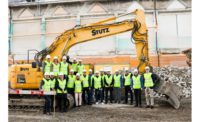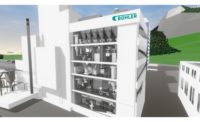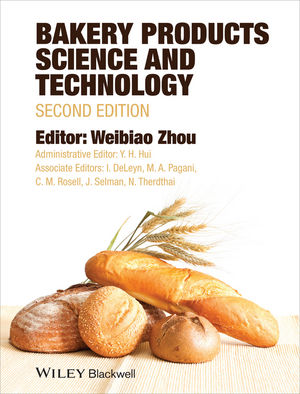Bühler’s Energy Recovery Center, built in partnership with Belgium company Vyncke, is fully operational and ready for customer trials. Officially opened on November 20, the facility provides heating for Bühler offices in Uzwil by using biomass generated at its application and training centers. Moreover, the Energy Recovery Center, the world’s only application center of this kind and size, works as a platform for customers to explore the potential of using side streams through energy recovery, which can lead to the reduction of their carbon footprint, waste, and energy costs.
The Energy Recovery Center (ERC) combines Bühler’s expertise on biomass fine grinding and preparation (leading to the most optimum fuel) with Vyncke’s combustion knowledge and the latest technology (optimizing the energy yield), resulting in an integrated and cost-efficient energy solution. Vyncke installed its classic, red-walled boiler at Bühler’s site. This is also the first time that the technology of multi-staged pyro gasification turbix combustion for agricultural fuels is used. The fuel injection system combined with the injection of the primary and secondary combustion air will lead to better combustion, and therefore, lower emissions.
The plant has two purposes. The first objective is the management and generation of sustainable energy. The ERC will be fed by various side streams generated by the application and training centers in Uzwil. This fully integrated solution will go on to process the fuel, generate hot water, and send this energy back to heat the buildings.
The second function is to test the biomass side streams from the processes of Bühler’s global customer base. The side streams that will be tested in the center cover a broad range of materials including wheat bran, rice husks, and cocoa shells. The by-products will be combusted either individually or in a mixture with a test and learn approach. The ERC is scientifically supported by the Swiss Federal Laboratories for Materials Testing and Research (EMPA) to evaluate research and development (R&D) results and further applications of boiler ash (i.e., as fertilizer or building material production).
This platform is a demonstration of how businesses can valorize their by-products and explore ways to reduce the carbon footprint in the food industry. Guided by the ongoing sustainable transformation, this is a unique, one-stop research facility to test all types of side streams coming out of food and agriculture processes. At the heart of this technology-driven center is the mission to provide the industry with a high-efficiency and low-emission solution that contributes to a sustainable future.
“By adding Vyncke’s energy recovery processes to our portfolio, we can offer our customers new processes towards a more sustainable production,” says Johannes Wick, CEO of grains & food at Bühler. “With the Energy Recovery Center and Bühler’s application and training centers, our customers have the ideal platform and expertise to make sure their investments for the future are sound and proven.”
Collaborating for a sustainable future
Bühler and Vyncke entered a strategic partnership in 2020. While Bühler plays a pioneering role in development through innovation, Vyncke brings to this equation sophisticated craftsmanship and expertise in combustion technology. In business since 1912, Vyncke has been offering state-of-the-art energy solutions to all industries that aim to transition away from fossil fuels and work towards decentralized solutions. The technology operates on the principle of harnessing energy from organic process waste by diverting it from landfills and converting it into valuable resources. With over 4,000 references spanning across various industries, Vyncke is at the forefront of innovation and technological proficiency in its field of expertise.
Peter Vyncke, owner of Vyncke, says: “Many industries rely on our solutions to reduce their fossil fuel consumption. With Bühler, we now aim to also become the standard to reduce the CO2e footprint of the food industry.”
Leveraging their respective strengths, the close collaboration between Bühler and Vyncke intends to steer the industry toward a resilient future.






